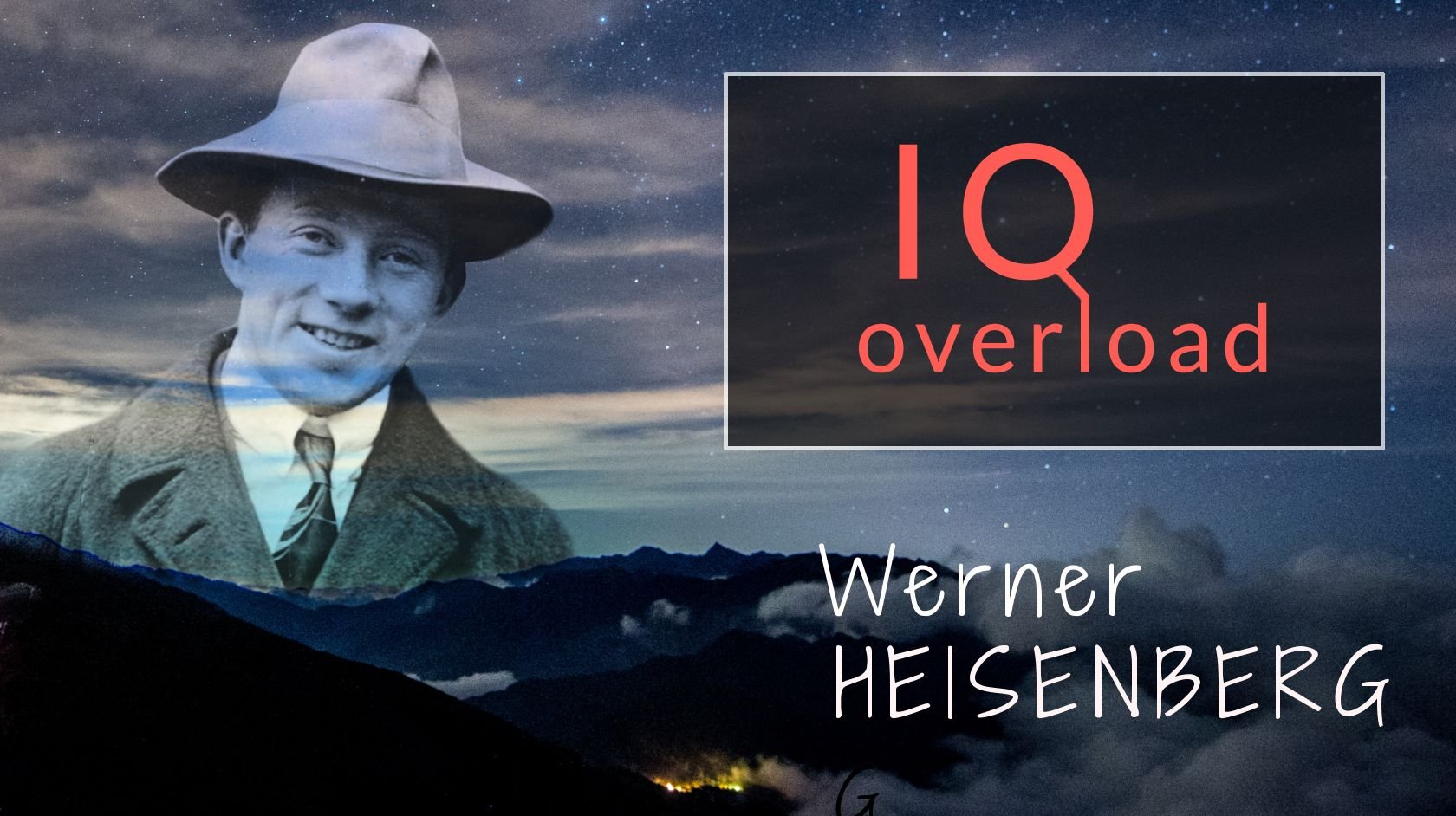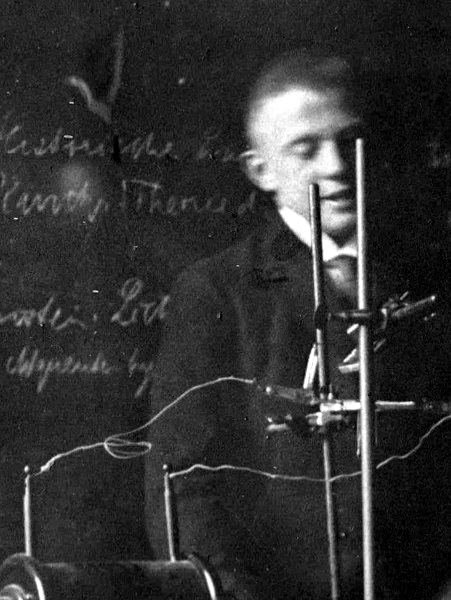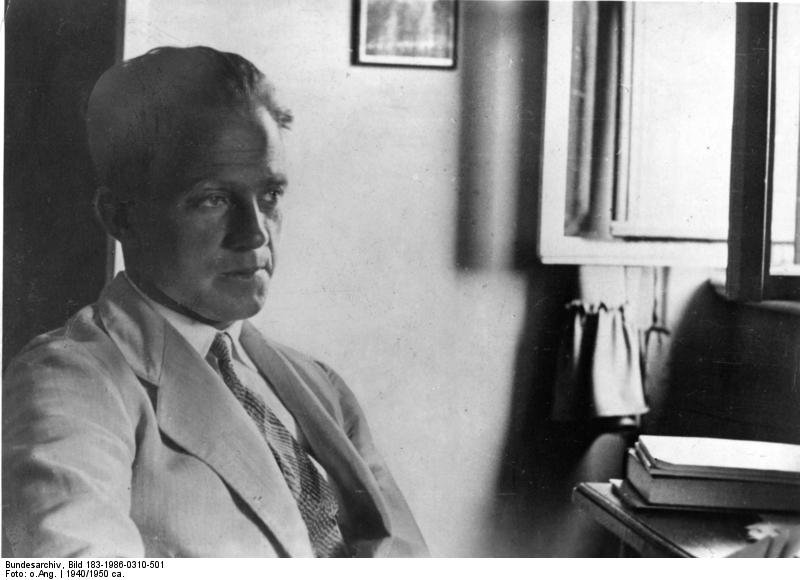
Introduction
I strongly believe that without him and his discoveries there would be no quantum mechanics, or at least the development of this weird part of physics would be way slower. Thus, Werner Heisenberg - as one of the 5th Solvay Conference participants - can be called the founding father of quantum mechanics. Have you ever heard about this strange uncertainty principle? That's also him. The funny fact is that his life wasn't less mysterious than this principle!

image credits: Wikipedia
Early years
Werner Heisenberg was born on 5th December, 1901, at Würzburg. His father - August Heisenberg - was professor of Greek philology. Werner impressed his teachers with mathematical skills. In 1923 he received Ph.D. in Physics at University of Munich with a dissertation on hydrodynamics.
Uncertainty principle
In 1927, so in the year of 5th Solvay Conference, Werner Heisenberg introduced his famous uncertainty principle. It is very often misunderstood tho. What it says is that:
The more precise the measurement of position, the more imprecise the measurement of momentum, and vice versa.
It actually happens in that very small scale that we don't experience it in everyday life. Inequality describing it is:

image credits: hyperphysics.phy-astr.gsu.edu
You can find a good example of uncertainty principle in action on Varitasium's Youtube channel:
A popular misconception is that this uncertainty is true because our measurements aren't precise enough. Nope, even if we had perfectly precise tools this principle would work. It is just a way our world works! Why does it acts so weirdly then? Wave-particle duality is the answer. More about it in references.
Nobel Prize
Ten years after getting a Ph.D. - in 1933 - Heisenberg won the Nobel Prize "for the creation of quantum mechanics, the application of which has, inter alia, led to the discovery of the allotropic forms of hydrogen". The interesting fact is that Werner should get the prize in 1932, but the announcement of the Nobel Prize in Physics was delayed until 1933.
Nazi atomic program
During 2nd World War Werner Heisenberg was a leader in Nazi nuclear research. The goal was clear - build an atomic bomb. As you probably know, Germans didn't manage to build it during WW2. You also know that USA Manhattan Project was successful. Why? One of the reasons is, for sure, that Germany was isolated and not many good scientists were there as nazi forced eg. Einstein to move out from Germany. But Heisenberg was a great physicist, you can't say he wasn't. Some people say that Werner sabotaged the program. Is it true? We will never be sure. The key to answer this question would be knowledge what Heisenberg told Niels Bohr when Werner was in Copenhagen in 1941. The war was getting to the end. In 1945 Heisenberg, while bicycling, was captured by American military intelligence team and interned in Great Britain.
Later years
Soon after Werner had been released he moved back to Germany. He was continuing his research for quantum field theory. Also, Heisenberg was one of the crucial scientists that wanted Germany to participate in building CERN. In 1970 he retired from Max Planck institute directorship. Six years later, in Munich, Werner Heisenberg died.

image credits: Wikimedia
Summary
Werner Heisenberg was a crucial physicist for development of quantum mechanics and received a Nobel Prize for that. He was also a supporter of the Copenhagen interpretation. During the 2nd World War, he was leading the nazi atomic program, but we aren't sure if he had sabotaged the program or not. After war Werner was one of the most important scientists in Germany.
References:
- more about Werner Heisenberg: nobelprize.org and Brittanica
- more about the uncertainty principle: hyperphysics.phy-astr.gsu.edu
Do you like science? Join us on #steemSTEM chat!
0. IQ overload: the story of one photo
1. IQ overload: Maria Skłodowska-Curie
2. IQ overload: Niels Bohr
3. IQ overload: Albert Einstein

gif made by @foundation

